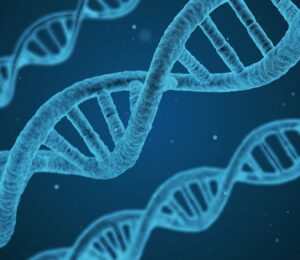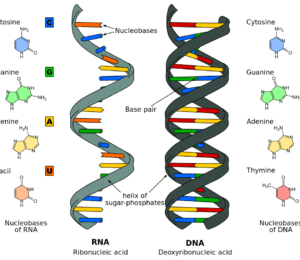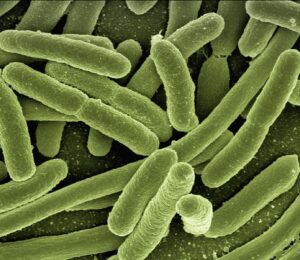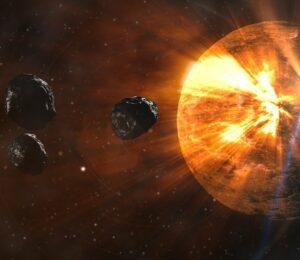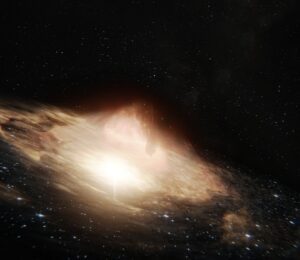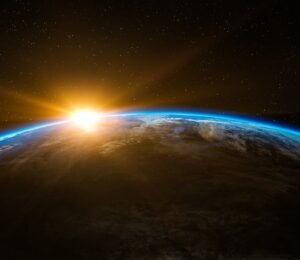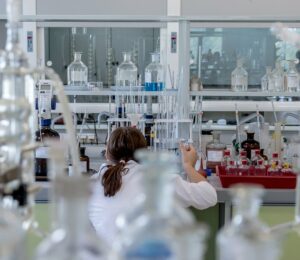Pseudogenes
Pseudogenes have been a hot topic for discussion since their original discovery about fifty years ago. They were originally found in frog DNA and were found to be apparently inactive copies of genes found elsewhere. They were called “pseudogenes” as they were thought to not make active proteins but represented mutated trash. Thousands of other pseudogenes were subsequently found in humans and many other animals and plants. Many mammals have now been found to have as many pseudogenes as actual protein-coding genes. Importance in Evolution Evolutionists jumped on the pseudogenes as showing changes consistent with natural evolution, and inconsistent with… Read More »

